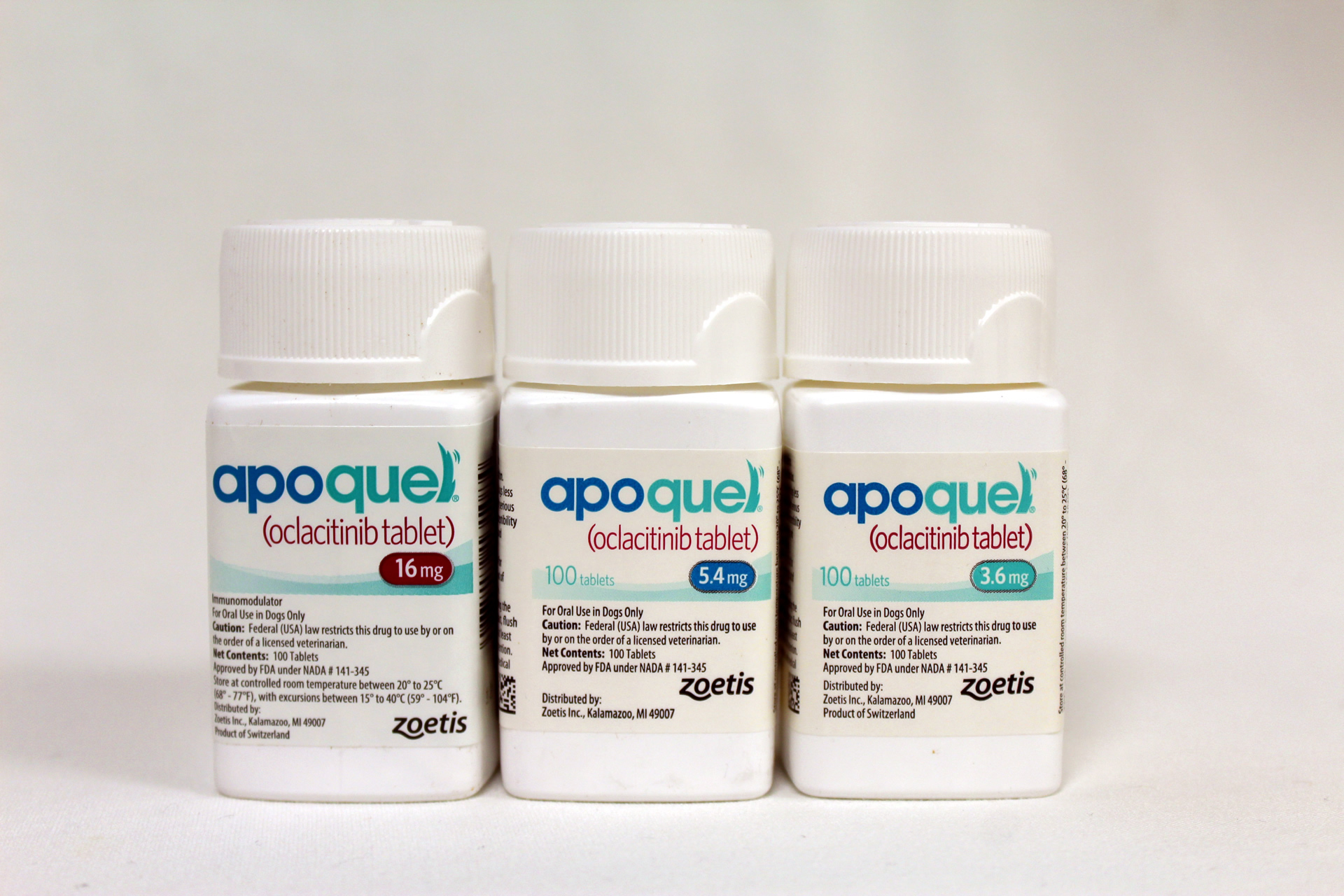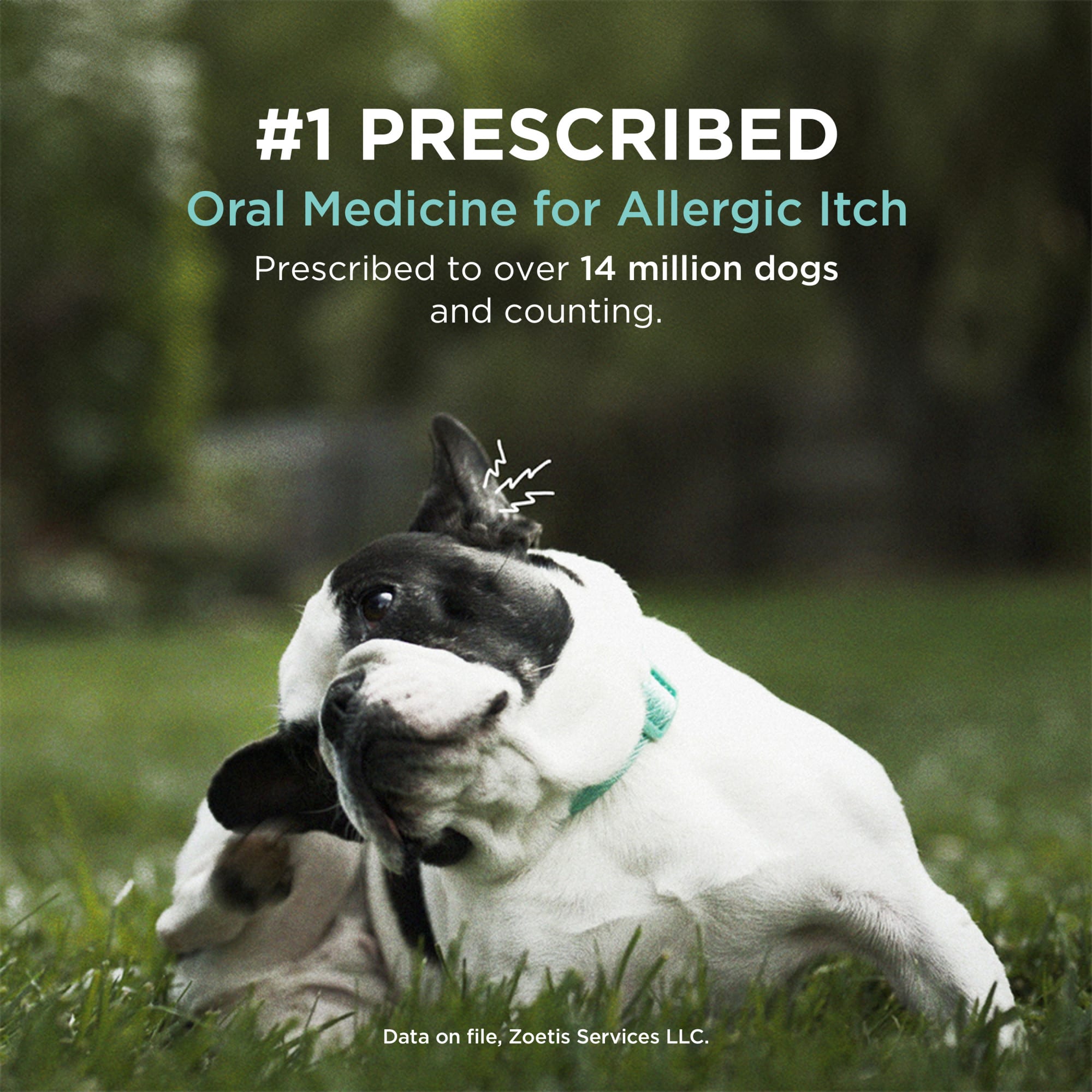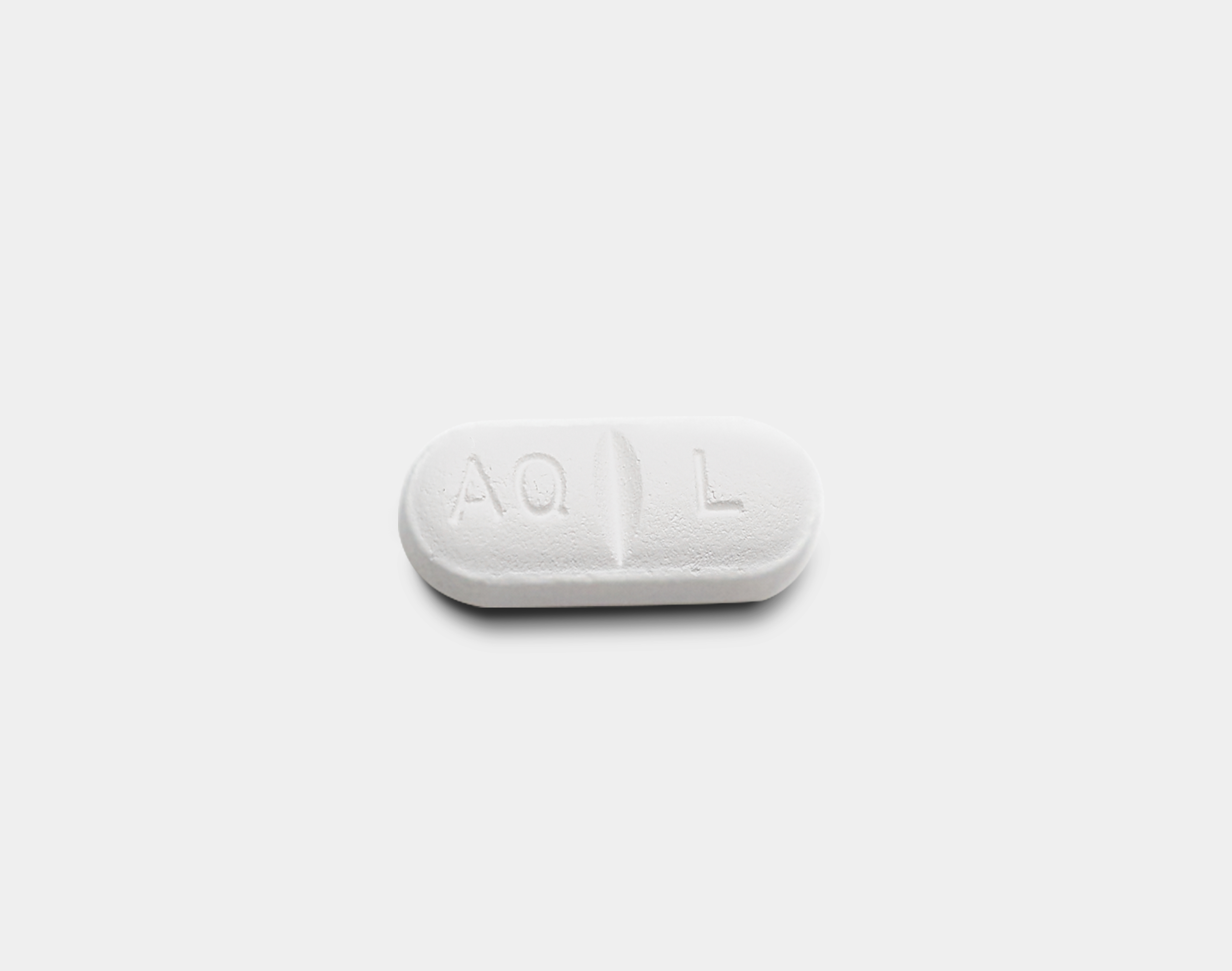Let’s face it, folks—pets are more than just animals to us. They’re family members who deserve the best care possible. If your furry friend is dealing with itchy skin or allergies, chances are you’ve heard about Apoquel. But have you ever wondered what the human equivalent of Apoquel is? We’re diving deep into this topic to give you the answers you need. Whether you're a pet parent or simply curious, this article will clear the air on everything related to Apoquel and its human counterpart.
Now, before we get into the nitty-gritty, let me tell you something important. Apoquel, scientifically known as oclacitinib, is a medication designed specifically for dogs. It works wonders in managing itching and inflammation caused by allergic dermatitis. But what happens if you accidentally take it—or more importantly, what’s the closest human equivalent? We’ll break it down for you.
Let’s not forget that understanding the human equivalent of Apoquel isn’t just about curiosity. It’s about safety, knowledge, and ensuring your pet gets the right treatment. So, buckle up and let’s explore this topic together!
- What Is The Sign For May 29 Unlocking The Secrets Of Your Zodiac
- Is Chris Distefano Still Married The Untold Story
What is Apoquel?
Apoquel is a game-changer for dogs suffering from chronic itching and allergies. It’s a prescription medication that targets specific enzymes in the immune system to reduce inflammation and itching. Think of it as a superhero stepping in to save the day when your pup can’t stop scratching. But here’s the deal—Apoquel is NOT meant for humans. That’s why understanding the human equivalent becomes crucial.
Let’s talk numbers. According to the American Veterinary Medical Association, around 68% of households in the U.S. own pets. That’s a lot of pets—and potentially a lot of allergies! Apoquel has been a lifesaver for many dog owners, but what if the tables are turned, and it’s you dealing with similar symptoms? Let’s explore some key points:
- Apoquel is FDA-approved for use in dogs.
- It targets specific cytokines to reduce itching and inflammation.
- It’s fast-acting and provides relief within hours.
Why Can't Humans Take Apoquel?
Here’s the thing—Apoquel is formulated for dogs, and dogs only. The dosage, active ingredients, and metabolism in canines are vastly different from humans. While it might seem tempting to try it out if you’re dealing with allergies, it’s not a good idea. In fact, it could be downright dangerous.
- Jeremy Roloff Nude Separating Facts From Fiction In The Spotlight
- Btk Killer Drawings The Dark Art That Fascinates And Terrifies
The human body metabolizes medications differently. What works wonders for your dog might not work the same way for you. Apoquel contains oclacitinib, which is a Janus kinase (JAK) inhibitor. While JAK inhibitors are used in human medications, the concentration and formulation in Apoquel aren’t safe for human consumption.
According to the World Health Organization, misusing animal medications can lead to severe side effects, including liver damage, gastrointestinal issues, and more. So, let’s not take any chances, shall we?
Human Equivalent of Apoquel
Alright, now that we’ve established Apoquel isn’t for humans, let’s talk about its closest human equivalent. If you’re dealing with itching or inflammation, there are several medications on the market that serve a similar purpose. The most common human equivalent would be JAK inhibitors like:
- Tofacitinib (Xeljanz): Used to treat rheumatoid arthritis and other inflammatory conditions.
- Ruxolitinib (Jakafi): Often prescribed for conditions like myelofibrosis and polycythemia vera.
- Baricitinib (Olumiant): Approved for treating moderate to severe rheumatoid arthritis.
These medications work by inhibiting the JAK pathway, just like Apoquel does in dogs. However, they’re formulated specifically for human use, ensuring safety and efficacy.
How Do JAK Inhibitors Work?
JAK inhibitors block the activity of Janus kinase enzymes, which play a role in the immune response. By doing so, they reduce inflammation and itching. Here’s a quick breakdown:
- They interrupt the signaling pathways that cause inflammation.
- They target specific cytokines responsible for allergic reactions.
- They provide relief without suppressing the entire immune system.
While these medications are powerful, they should only be used under a doctor’s supervision. Side effects can include infections, blood clots, and liver issues, so tread carefully.
Side Effects of Apoquel in Dogs
Before we dive deeper into human equivalents, let’s talk about the side effects of Apoquel in dogs. Understanding these can help you recognize potential issues if you accidentally ingest it—or if your pet is on long-term treatment.
- Gastrointestinal upset (vomiting, diarrhea).
- Increased susceptibility to infections.
- Weight gain or increased appetite.
- Occasional liver enzyme elevations.
These side effects are rare but possible. If you notice any unusual symptoms in your dog, consult your veterinarian immediately. The same goes for humans—if you accidentally take Apoquel, seek medical attention right away.
Can Humans Accidentally Take Apoquel?
It happens more often than you think. Curious kids, absent-minded adults, or even accidental ingestion by mistake. If this happens, don’t panic—but do act quickly. Symptoms of Apoquel ingestion in humans might include:
- Nausea or stomach pain.
- Headaches or dizziness.
- Increased thirst or urination.
In severe cases, liver damage or immune suppression could occur. Always keep medications out of reach of children and pets—and if you’re unsure, consult a healthcare professional.
Alternatives to Apoquel for Dogs
Not everyone wants to go the Apoquel route—and that’s okay. There are plenty of alternatives for managing your dog’s allergies and itching. Here are a few options:
- Cytopoint: A monoclonal antibody injection that targets specific proteins causing itching.
- Prednisone: A corticosteroid that reduces inflammation but comes with potential side effects.
- Atopica: Another JAK inhibitor that works similarly to Apoquel but with a different active ingredient.
Each of these options has its pros and cons. Talk to your vet to determine which one is best for your furry friend.
How to Choose the Right Medication for Your Dog
Choosing the right medication involves considering factors like:
- The severity of your dog’s symptoms.
- Potential side effects and risks.
- Your budget and long-term treatment plan.
Your vet will guide you through the decision-making process, ensuring your dog gets the care they need.
Understanding the Science Behind Apoquel
Let’s dive a little deeper into the science. Apoquel works by inhibiting specific cytokines involved in the inflammatory response. These cytokines are responsible for itching, redness, and swelling. By blocking their activity, Apoquel provides rapid relief without suppressing the entire immune system.
Here’s a fun fact: Apoquel is one of the first medications to target these specific pathways in dogs. It’s a breakthrough in veterinary medicine, offering a safer alternative to traditional steroids.
Is Apoquel Safe for Long-Term Use?
Long-term use of Apoquel is generally safe under veterinary supervision. However, regular check-ups and blood tests are essential to monitor liver function and overall health. As with any medication, there are risks involved, but the benefits often outweigh them.
Can Humans Use Animal Medications?
This is a question that comes up often—and the answer is a resounding NO. Animal medications are formulated for specific species, taking into account their unique biology and metabolism. Using them for humans can lead to serious health issues.
For example, many animal medications contain ingredients that are toxic to humans. Even if they seem similar to human drugs, the concentrations and formulations are vastly different. Always consult a healthcare professional before trying any medication—not even Google knows best in this case!
What Happens If You Take Animal Medication?
If you accidentally take animal medication—or someone you know does—here’s what might happen:
- Upset stomach or gastrointestinal issues.
- Headaches or dizziness.
- Potential liver or kidney damage.
In severe cases, hospitalization might be necessary. Always keep emergency contacts handy and don’t hesitate to seek help if needed.
Conclusion
So, there you have it—the ultimate guide to Apoquel and its human equivalent. While Apoquel is a lifesaver for dogs, it’s not meant for human consumption. If you’re dealing with itching or inflammation, there are plenty of safe and effective options available. Always consult a healthcare professional before trying anything new.
Remember, your pet’s health is just as important as yours. Understanding the differences between human and animal medications can save you—and your furry friend—a lot of trouble. Share this article with fellow pet parents or leave a comment below if you have any questions. Together, let’s keep our pets happy, healthy, and scratch-free!
Table of Contents
- What is Apoquel?
- Why Can't Humans Take Apoquel?
- Human Equivalent of Apoquel
- How Do JAK Inhibitors Work?
- Side Effects of Apoquel in Dogs
- Can Humans Accidentally Take Apoquel?
- Alternatives to Apoquel for Dogs
- How to Choose the Right Medication for Your Dog
- Understanding the Science Behind Apoquel
- Is Apoquel Safe for Long-Term Use?
- Tennessean Obituary A Heartfelt Journey Through Lifes Final Chapter
- Jose Baston And Eva Longoria A Love Story That Captured Hearts Worldwide


